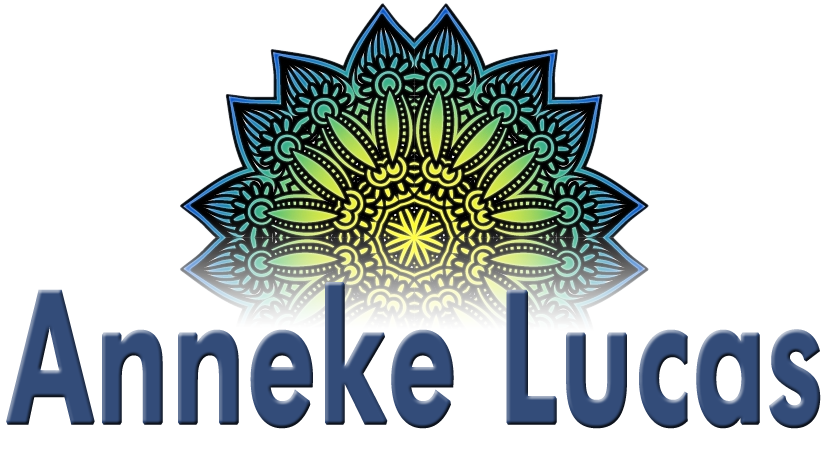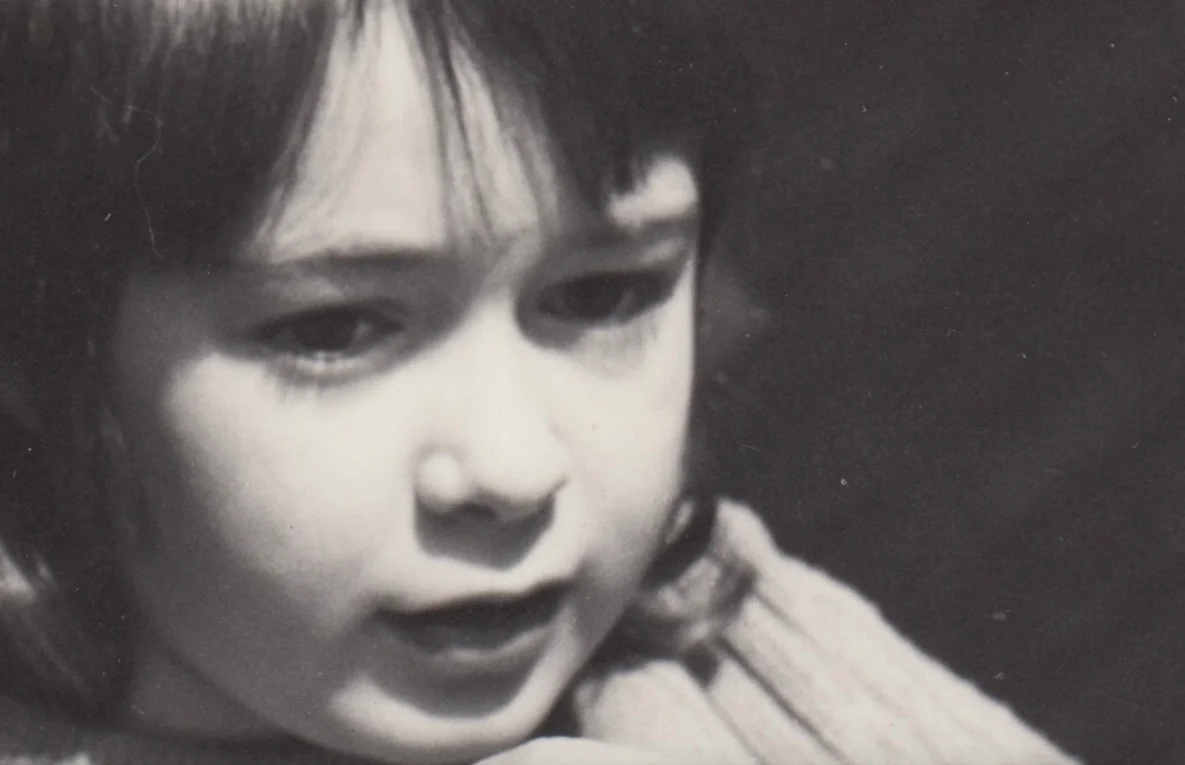Eternal War
Recently, a young part inside of me was revived through interactions with someone whose own young part was just as hurt and tormented as mine. With awareness, this could lead to mutual working through a difficult past, remaining respectful of each other, mindful to keep separating the hurt child from the adult. Without awareness, it creates war.
Parts that are cut off from consciousness will magnetically be drawn to connect to others whose past experiences are emotionally similar. Through each other’s energetic aura, these parts blindly seek their way to healing.
Since these parts are not inside one’s conscious awareness, they require self-inquiry, thoughtfulness about one’s own and the other’s feelings, and self-discipline to remove the charge from the other and focus on ourselves; do our own work. The young child within needs for us to become the safe parent they never had. Our parts easily get lost inside dynamics with others because they are not as of yet integrated into our psyche.
In the power struggle that ensues between parts that are emotionally stuck in past trauma, there are only two choices. The first is to repeat the trauma from the abuser’s viewpoint, pop into aggression or escape and gain momentary relief and release. The second is to repeat the trauma from the child’s viewpoint, and suffer.
The emotionally mature way is to look inside and stay respectful of oneself and others. By self-observance, the adult jumps in to prevent the young parts from usurping one’s entire being and expressing themselves outwardly, and avoid trouble. By remaining mindfully aware of our own reactions and feelings, we can check if they are not completely commensurate with the current situation, if there are parts in action.
In the emotional space of traumatized parts we can find all the harm in the world, from the smallest argument between two people to the great world wars. In the microscopic sense, young parts may say or do things that no one would perceive as hurtful except the other party in a particular trauma dance between two people. In the macroscopic sense, it is still similar, unresolved trauma, here expressed through greed and selfishness, that creates wars.
Primal reactions are provoked, cut off from the dysfunctional parental figures and redirected onto the object; a person, a group of people, or an entire population.
Unresolved feelings are evoked constantly, and we all end up in situations that are in and of themselves neutral, but are given emotional meaning by the parts inside us that are stuck in their trauma and unmet emotional needs. As long as these parts are not integrated, as long as the underlying trauma is not healed, they may be intensely attuned and reactive to the minutiae of another person’s actions, or lose themselves in unending world politics that offer plenty of room for parts to emotionally engage.
Most of us easily become identified with our parts and resort to interpreting others’ actions so as to re-experience or avoid some past hurt, in an unconscious attempt to complete the story. That story is always the same: in the past, there was no love, no understanding, no compassion for the child in the specific situation the current circumstance calls up. The parts are, in their very unique and colorful ways, always trying to find that love. When they receive it, healing occurs. Parts seek power (control, escape) in reaction to the fear of that hurt being relived, or, they feel powerless, reliving the hurt in a new situation, disconnected from the original offense. Our self-created drama will put us either in the role of victim or offender.
The question is: do we remain aware and mindful of our parts and have ways to bring the adult back online? Or do we transgress and allow the young parts to take over and suffer, or lash out? Can we remain respectful to others? Or will that line get crossed - and if so - can we get back to a place of respect?
Someone I recently met through work provoked my young parts to come forward. There was a long lead-up during which he was already supporting my non-profit. He had always shown his personal interest, and I was very much not interested. Nevertheless, I allowed him into my personal life, my young part drawn in by the promise of his his caretaking, because he could both share and listen sincerely. I did make it clear from the beginning that I was only interested in friendship, and he said he accepted. However, after some time, our parts were perilously rubbing off each other’s pain.
Friendship can be hard work. Triggers can lead to spiritual gold, but before reaching the gold, we are digging through the dirt and it may seem like it’s just getting grimier and the darkness will never end.
While my part acted up, I struggled at times to hold onto the knowledge that my friend was nothing like the insane perpetrator from my childhood, who had promised to take care of me while setting me up for dire betrayal which nearly cost me my life. My friend, trying to accept that we would not be more, focused on other women romantically. The way in which this information reached me had my young parts experience the sting of betrayal as sharp as though no time at all had passed since my tragic childhood. All my natural, instinctive reactions, frozen in time and space, were melting back to life, triggered by this specific circumstance.
The fear of feeling once again hurt and pain that was pushed down long ago in a current dynamic with another person creates loss of trust, which is what propels us into the power struggle, where parts take over. The power game only leaves winners and losers. The language of winning and losing is the language of power dynamics rooted in unresolved trauma.
My adult never lost sight of all the parts that were triggered, even though the feelings were incredibly intense. It took self-discipline to keep the focus on the little girl I once was, instead of jumping into a ready-made emotional drama. My little girl had learned that to love in romance means to suffer, to take on a heavy burden that belongs with the other, who cannot hold it.
With another man, a power addict who was as lost as my perpetrator from childhood, my task eventually became to hold onto a piece of that man’s soul, hold onto his innocence as he spiraled into a dark descent away from truth, too afraid to confront his childhood, too attached to a sense of importance through the power.
My primary perpetrator made me suffer incredibly. My adult self is not masochistic and has boundaries. My adult self has compassion for the little girl inside. I stopped putting her in harm’s way long ago. I did not let her go off and get into a war with this friend whose own cut off parts were activated. Now I’ve relieved her from the ultimate burden of romance, to hold onto the other’s light for them. As my little girl integrates I feel rather empty. She filled my energetic space with her attachment and her reactions of anger and pain, her prayers and her attempts to love more than required. The healing will fill the emptiness as my life energy will restore. She has been saved from the power dynamic.
Have you ever been around powerful people? The environment of power is this: cut off, emotionally immature parts floating through the ether, looking to get on the other side of the pain that their adult selves are not capable of feeling. Power is the mantle that protects these traumatized parts. The addicts will refer only to the physical reality, while playing energetic power games with each other and anyone who can tune in - and create dramas for which they can never be called out. Their awareness of these energies, their ability to maneuver their parts, is their secret. The occult uses these energies for harm, with power games and spells, while the spiritual uses them for good, with prayers and loving thoughts.
Power addicts are lost in parts born in trauma and thus propelled into the win/lose game that creates power dynamics. Even though mind control uses trauma to create alters in victims, the perpetrators nevertheless have no understanding of the origin of these energies. They know the psychology of dissociation, yet they do not know themselves.
We can better understand power addicts by looking at our own relationships or circumstances in which young parts are triggered, when we give our power away and then try to recapture it, seeking to somehow get the upper hand.
Young parts play power games. Young parts form the power structure. Young parts need to win so others can lose. Young parts seek to rise through the power structure to be on top. Young parts protect the lie that we need this hierarchy. Young parts create wars.
Adults seek to heal trauma and have compassion for all those who are in need of healing, no matter the offense. Adults have clear boundaries. Adults know who they are. Adults make choices and hold themselves accountable. Adults have emotional room for others and can manage an egalitarian structure. Adults can bring peace.

